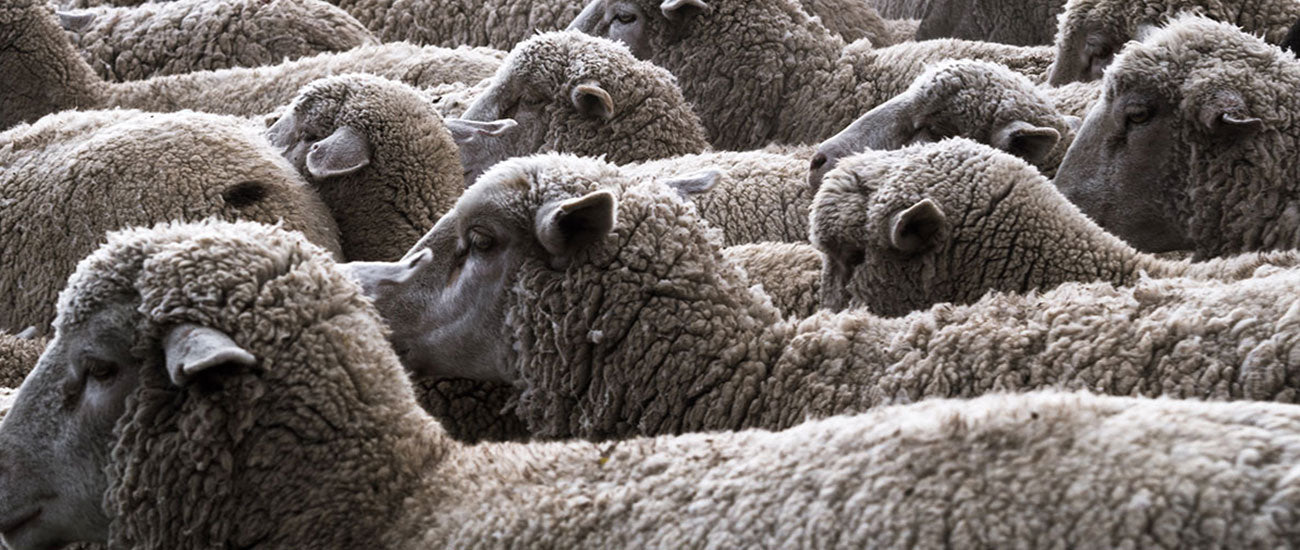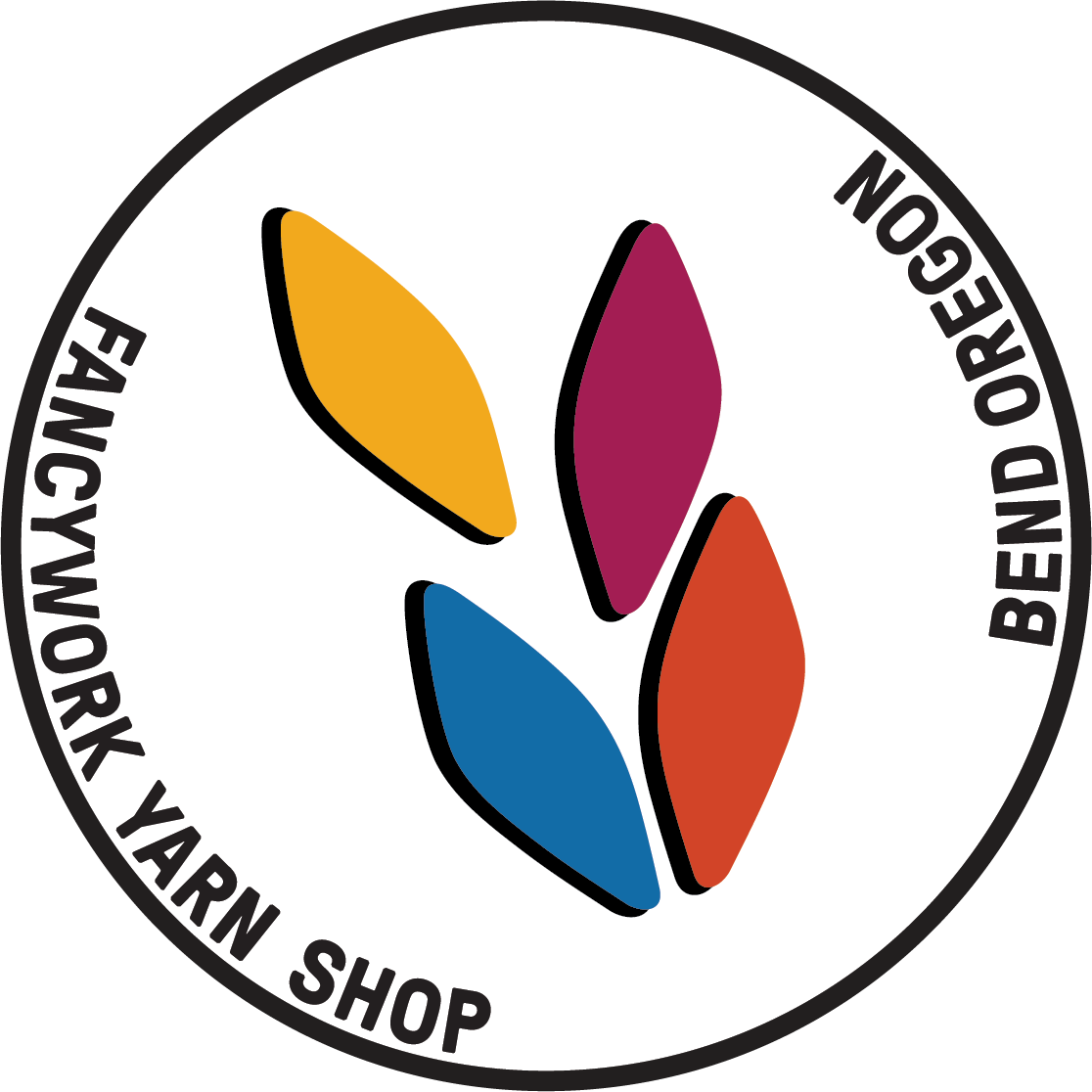
GOTS Offers Truth In Advertising for Organic Wool
Like many of you, my partner and I strive to provide healthy, nutritious food for our family. Lots of home-cooked meals, heavy on the whole foods, organic where we can. And, while we will admit to the occasional junk food binge, we manage to succeed in our pursuit of healthy living most of the time. When I first came across a skein of yarn labeled "GOTS-Certified Organic Wool," I was intrigued, but I also had a few questions. What exactly IS organic wool? Why should I care if I'm not eating it? And what the heck does GOTS stand for anyway? When so many products are green washed, I wanted to be sure this wasn't just another gimmick. So I dove in to learn all about it.

What is GOTS-Certified organic wool?
Global Organic Textile Standard – GOTS for short – is the world's leading textile processing standard. Founded in 2006 through an international working group, GOTS came to be out of a need to classify varied organic processing standards into one internationally recognized and agreed upon standard. GOTS ensures the certified organic status of textiles at each stage, from the harvesting of the raw fiber, through environmentally and socially responsible manufacturing, and on up to labeling in order to provide credible assurance to the end consumer. In order for wool to be certified as "organic," according to the Global Organic Textile Standard it must be produced in accordance with federal standards for organic livestock production. These requirements state that:
- Livestock feed and forage used from the last third of gestation must be certified organic,
- Use of synthetic hormones and genetic engineering is prohibited,
- Use of synthetic pesticides (internal, external, and on pastures) is prohibited, and
- Producers must encourage livestock health through good cultural and management practices.
Unlike non-organic livestock management, organically managed livestock means that:
- Sheep are not dipped in parasiticides (insecticides) to control external parasites such as ticks and lice, and
- Organic livestock producers do not exceed the natural carrying capacity of the land on which their animals graze.

Carefully selected third-party certification organizations verify that organic wool producers use only methods and materials allowed in organic production. The Organic Trade Association has developed standards that apply to the processing of organic wool. The standard covers the processing, manufacturing, packaging, labeling, trading and distribution of all textiles made from at least 70% certified organic fibers. For example, consumers seeing the GOTS label can know that the organic wool they are considering for their next project is free of dyes and chlorine pre-treatments that may otherwise be used in the scouring process. Or that the dyes used to create those rich colors we all fawn over, do not contain harmful levels of allergens, carcinogenic or suspected carcinogenic colorants or heavy metals. In the case of natural dyes, these were not derived from a threatened species listed on the Red List of the IUCN. Wastewater from all stages of organic wool processing must be treated in an internal or external functional Effluent Treatment Plant. Since laws vary around the world, the most stringent legal requirement – whether local laws or GOTS criteria – applies. These are just a few of the requirements that must be met for organic wool and other fibers to meet the stringent GOTS certification.
But GOTS doesn't stop with the fiber itself. This comprehensive standard also applies to the care given to the animals and crops that provide raw materials, as well as the people who work in the textile industry. The GOTS standard ensures sustainable, healthy and fair working conditions within the textile manufacturing industry, including prohibiting child labor, harassment or violence and discrimination among other social protections. As technology advances and processing methods evolve, the GOTS standard evolves alongside the industry, so that consumers can remain assured that the products they are working with and investing in are keeping up with the latest innovations and protections. So when you see GOTS-certified organic wool on a yarn label or any other textile product, know that along with it's physical beauty, comes great care for our environment, including the animals and people who worked hard at every stage to make it just for you.

